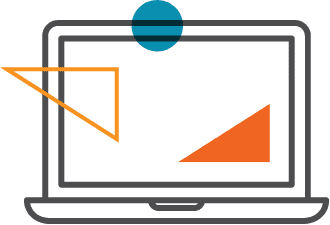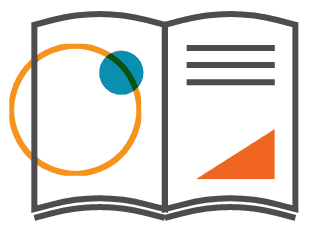Does your self-directed IRA hold a stake in an operating business that passes income taxes through to investors? Does your account earn rental income from financed real estate? In either case, you may receive a Schedule K-1 that describes earnings generated under the aforementioned circumstances. Your individual retirement plan may owe unrelated business income tax (UBIT) on these earnings, in which case it will need to file a Form 990-T.
Ready to learn more about UBIT? Click here to download our UBIT Guide.
If you’re concerned account UBIT that your account may owe, try to remember that UBIT is not a penalty. It’s essentially a cost of doing business because:
- Your account will only owe UBIT if the investment makes money.
- In some cases, UBIT will apply on earnings derived from borrowed money. Borrowed capital can boost your earning potential and UBIT is an expense inherent to this opportunity.
- If a UBIT-eligible investment loses money in a given year, you can report the loss to offset positive earnings (and thus UBIT) in a subsequent year.
To help determine whether UBIT applies to your alternative IRA investments, reference the figure(s) on the Schedule K-1. If necessary, you will need to file a Form 990-T for your IRA by the income tax filing deadline (typically April 15). Part III, Box 1 of a Schedule K-1 will show operating business income attributable to your investment, while Box 2 will show net rental income. As with any taxable event, the IRS may assess penalties and interest for late or missing Form 990-T filings. Therefore, you may consider addressing any UBIT concerns related to your self-directed retirement plan, especially if you receive a Schedule K-1.
Let’s review some frequently asked questions about UBIT and Form 990-T.
When does UBIT occur?
As mentioned above, UBIT may be assessed on:
- Any earnings generated by a pass-through operating business, which would be classified as unrelated business taxable income (UBTI). Again, look to Part III, Box 1 of your Schedule K-1 for UBTI information.
- Any earnings generated by leveraged properties, which would be classified as unrelated debt-financed income (UDFI). Keep in mind that Part III, Box 2 of a Schedule K-1 shows all net rental income, so additional research may be required in determining the portion of earnings attributable to debt.
The “investor” would be your IRA in this case, meaning the account itself may have to pay UBIT.
What are the reporting requirements?
Form 990-T must be filed for any UBTI or UDFI earned in a given year. Please note that the Schedule K-1 could contain a negative number. We hope your IRA investments will generate positive returns, but you may consider filing a Form 990-T even in the event of a net loss. As we discussed above, UBIT on future gains can be offset by losses from prior years, so reporting those losses can help reduce your tax burden down the road.
Do I need to file the Form 990-T along with my individual return?
The IRS views your retirement plan as its own taxpayer. Accordingly, your IRA will file the Form 990-T and pay UBIT as an independent tax entity even though you, the IRA holder, are the engine behind the filing activities. You will file the Form 990-T separately from your individual tax return. Importantly, you may not use personal, non-retirement funds to pay UBIT that your self-directed IRA account owes.
What is the deadline and how can I pay?
Your IRA has until the tax filing deadline to pay UBIT for a given year. Because the plan itself must pay these taxes, please contact New Direction Trust Company to request a prompt and secure tax submission via our electronic federal tax payment system.
Who can help me file a Form 990-T?
Your tax professional or certified public accountant can guide you through the filing process. You may also contact our sister company, IRA Tax Services, for assistance with submitting a Form 990-T. Please remember that your Form 990-T must be signed by a New Direction Trust Company authorized signer following your approval.
For more information about self-directed IRAs and to discuss potential UBIT scenarios for your account, please reach out to New Direction Trust Company by submitting a secure message through your Client Portal or by giving us a call at 877-742-1270.


 Back to Blog
Back to Blog

